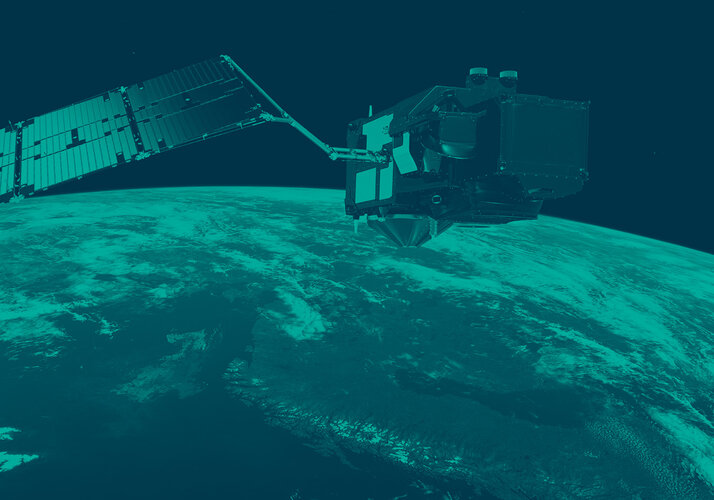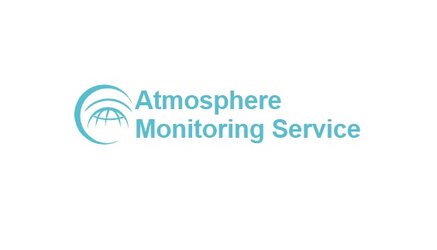Atmosphere services
Monitoring, assessing and forecasting air quality at continental, regional and local scales is important for the health and well-being of Europe’s citizens.
Long-term, high-quality global observations of the composition of the atmosphere are also essential for climate monitoring, and form the basis for monitoring the long-range transport of pollutants. Atmospheric information is also required to quantify and predict resources of renewable energy that could play a key role in adapting Europe’s energy production system for a sustainable future.
The Copernicus Atmosphere Monitoring Service aims to provide continuous data and information on atmospheric composition. The service describes the current state of the atmosphere, forecasts for several days ahead, and analyses consistently data records for past periods. It supports many applications in a variety of domains including health, environmental monitoring, renewables energies, meteorology, and climatology.
The service builds on a series of projects developed within the Framework Programmes 6 and 7 (FP6/FP7), funded by the EC, and on ESA’s GMES Service Element project PROMOTE.

The Copernicus Atmosphere Monitoring Service is also supported by the Sentinel satellites.
In particular, Sentinel-3 extends and improves Envisat and ERS-2’s heritage of aerosol particulate matter and fire monitoring.
Once launched, Sentinel-4, -5 and its precursor -5P will build on the ERS-2, Envisat and MetOp series of ozone and other trace gas observations and significantly improve their observational performances. For example, Sentinel-4, from its geostationary orbit, will have improved temporal resolution.
These enhanced capabilities and synergies between the different sensors will lead to more detailed and comprehensive parameter sets, which when routinely assimilated into atmospheric models, will support a comprehensive analysis and prediction of the composition of the atmosphere.
In addition, near-real time capabilities will contribute important information during extreme events that could endanger health and safety.
Lastly, together with earlier European and non-European missions, Sentinel data will help to build up and continuously extend long-term datasets of essential climate variables for climate monitoring, trend analysis and improved process understanding.
Policy makers will gain a wealth of reliable information to help them better understand environmental burdens and plan for an improved quality of life.









